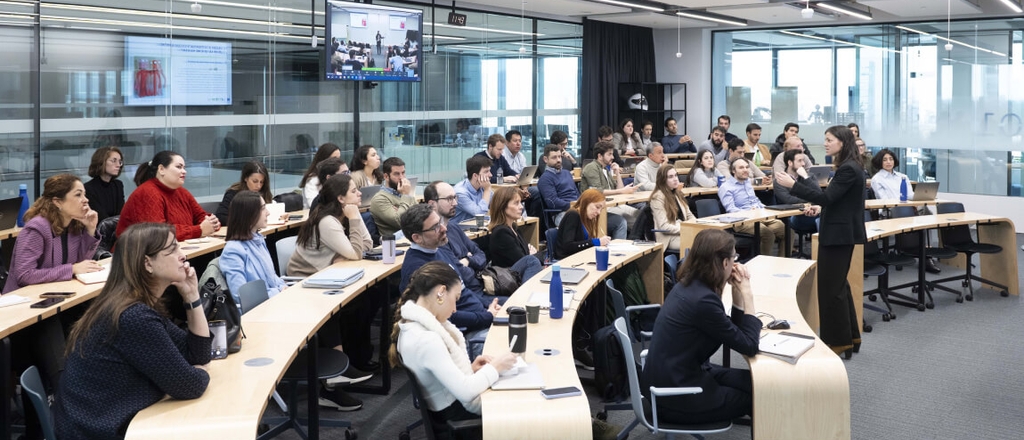- Home
- News And Events
- What’s Going On
- Ie Business School, 10th In The World In The Financial Times Executive Education Open Programs Ranking 2024
IE Business School, 10th in the World In the Financial Times Executive Education Open Programs Ranking 2024

IE Business School is 10th in the world for the second consecutive year, according to the Financial Times Executive Education Open Programs Ranking 2024. This recognition further solidifies IE Business School's commitment to delivering world-class executive education, lifelong learning, and providing professionals with transformative learning experiences that empower them to excel in their careers and make a lasting impact in their industries and the world at large.
"Now more than ever, executives are seeking to multiply the impact and value in their companies."
Teresa Martín-Retortillo, Executive President of Executive Education at IE University
At IE Executive Education we provide innovative knowledge, experience, and leadership development for each one of our students to enable them to achieve their ‘Next Best You’ and to drive positive change in society," commented Teresa Martín-Retortillo, Executive President of Executive Education at IE University.
IE Lifelong Learning offers executive education programs that provide a transformative and growth-oriented experience that empowers participants to broaden their vision, boost their leadership, and continue to make a positive impact on society. Offered in hybrid, face-to-face, and online formats, the programs are uniquely focused on developing a mindset and attitude towards learning that encourages flexibility and the idea of continuous learning and personal growth.
Widely regarded as one of the most influential assessments of executive education programs, the Financial Times ranking evaluates the quality and impact of open programs offered by leading business schools around the world and considers various criteria including alumni satisfaction and fulfilment of expectations, development of management skills, course design and preparation, and diversity of faculty and participants.